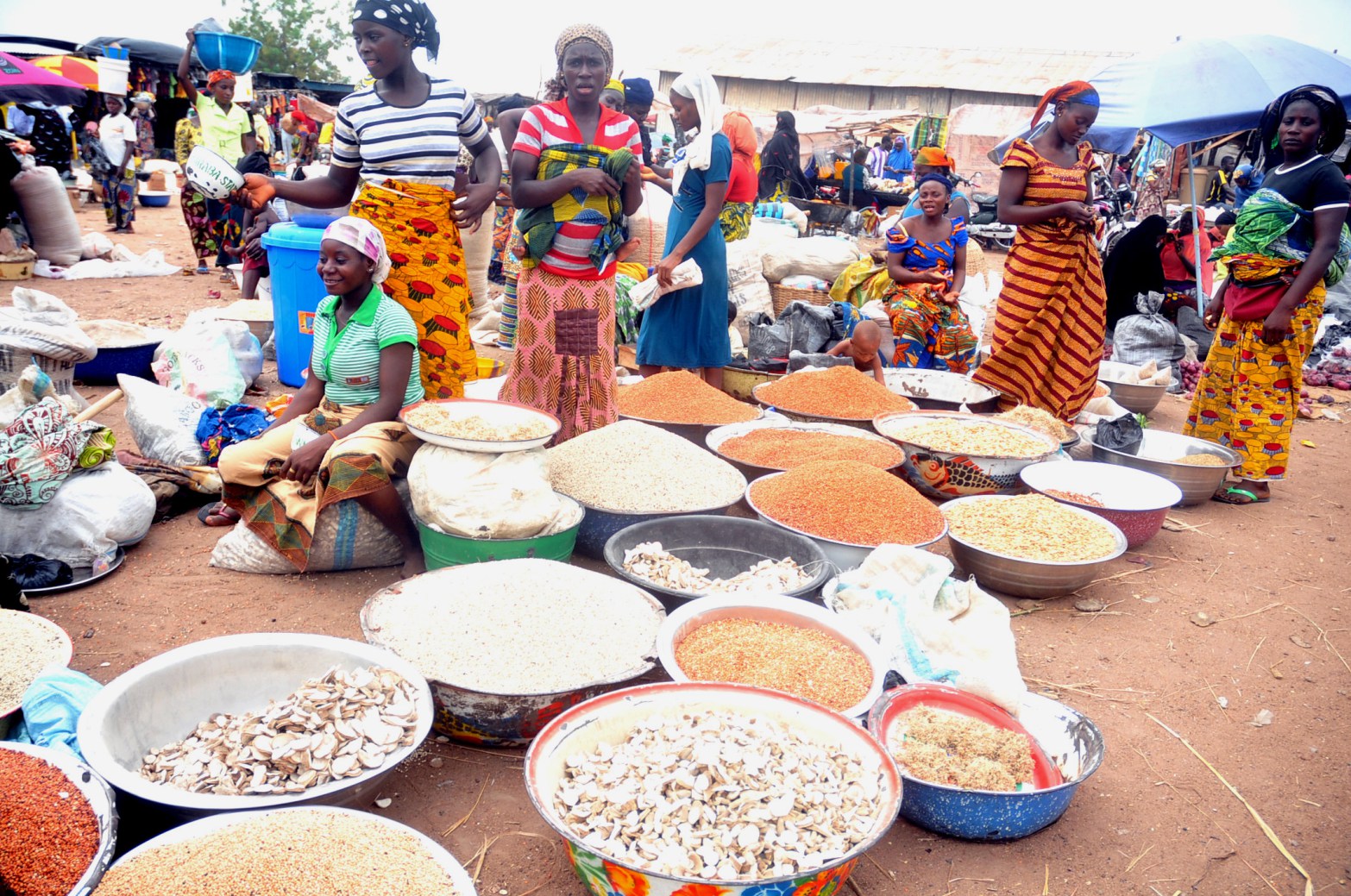Many experts have discussed the varying impacts of the war in Ukraine on global food security. The inequitable shocks of commodity prices are global, especially commodities like wheat and maize which constitute a great percentage of global foods especially in poorer countries. Countries that are wealthier and their people can absorb the sharp increases in prices whereas the people in poorer countries will struggle to eat as usual. This is already happening as the price of bread in Sudan for instance has roughly doubled since Russia’s invasion of Ukraine. The sad reality is that the effects of a war like this will be even deeper on the world because both Ukraine and Russia were livestock feed and fertilizer exporters before the war. This points to a possibility of an increase in cost and difficulty of producing food for many months and years ahead in some parts of the world.
Nigeria is already crisis-laden if you look at the effects of various conflicts and of course climate change on the country’s agricultural productivity. We must, therefore, find ways to limit the scope of the Russo-Ukraine war (and in-fact any war or crisis) by making a stable, sustainable food system that can nourish our people and even contribute to the world.
I used to erroneously think, perhaps because of Nigeria’s dysfunctional public sector, that a market led approach was the perfect way of building a formidable agricultural and food sector. However, in the past five years of my work and engagement with local, regional and global agricultural systems, I have understood that it will take a necessarily collaborative effort to achieve food security.
Whenever you see any agricultural economies transform at scale, it is a confluence of factors. Initially, the government has to set the right policies, put in place the right regulations, and honour commitments and contracts to enable private sector activity in the agricultural economy in an appropriate manner. You will see real, domestic, local investment by farmers and agribusinesses, backed by so many others and supplemented by foreign direct investment when this is true. This is the case for most countries largely because the government has always been the regulator and enabler of various factors of the agricultural economy.
The public sector is essential in driving the agricultural economy, often supported by donors and NGOs but really driven by the state making real efforts to build economic infrastructure that supports farmers and agribusinesses to produce, process and conduct business generally. This could be in the form of roads, access to electricity for power, access to irrigation, access to ports for import of certain types of input, establishment of trading structures or it could be investments in communications technologies which have proven to be transformational especially for smallholder agriculture.
There are several economies across Africa, Asia, and the Americas that get it right and you see progress, which is sometimes slow but compounds over time. One thing that is similar across these geographies is that it takes everybody working together to achieve the goals.
The US has the most commercial agricultural system in the world. But the truth is, the USDA and US government play a huge role in keeping food systems stable. Farmers loans are largely backstopped by the US government. Insurance programmes exist for farmers that are also backstopped by the US government. However, it’s private banks that do the lending and private banks that come up with the insurance instruments which shows this collaboration between the public and private sectors that fosters agricultural progress.
This intertwining of both public sector and private sector working hand in hand is necessary because food security is a national security issue and often forget that most of the formidable food systems out there like the US were built and predicated on that. We must avoid the mistakes of making market led solutions completely independent of public sector based ones. The right strategy is to figure out: Where can they complement one another? Where can the public sector actually help in mitigating certain risks that the private sector is not ready to take by providing the right mechanisms and financing structures to do it?
An interesting global effort by the U.S government that I find fascinating is the Feed the Future Initiative which was established in 2010 with the aim of addressing the root causes of poverty, hunger and malnutrition and transforming lives. To achieve this, Feed the Future works hand-in-hand with partner countries to develop their agriculture sectors and break the vicious cycle of poverty and hunger. Feed the Future helps people feed themselves and creates important opportunities for a new generation of young people, while building a more stable world.
The USAID-funded West Africa Trade & Investment Hub (Trade Hub) is also a laudable five-year, $140 million trade and investment facilitation activity designed to improve private sector productivity, profitability, and competitiveness in West Africa through market-based approaches. As part of its Feed the Future initiative, the Trade Hub is targeting interventions that strengthen five value chains within seven states in Nigeria.
According to the WATIH website, The Trade Hub works with the private sector, research institutions, and other partners to develop and introduce new technology in agriculture to improve the quality of products and increase overall production, notably thanks to a Research and Development fund targeting innovation and modernisation.
I do believe this is the kind of public-private sector blueprint needed to create robust food systems that can withstand global shocks and crises.

 Join Daily Trust WhatsApp Community For Quick Access To News and Happenings Around You.
Join Daily Trust WhatsApp Community For Quick Access To News and Happenings Around You.


